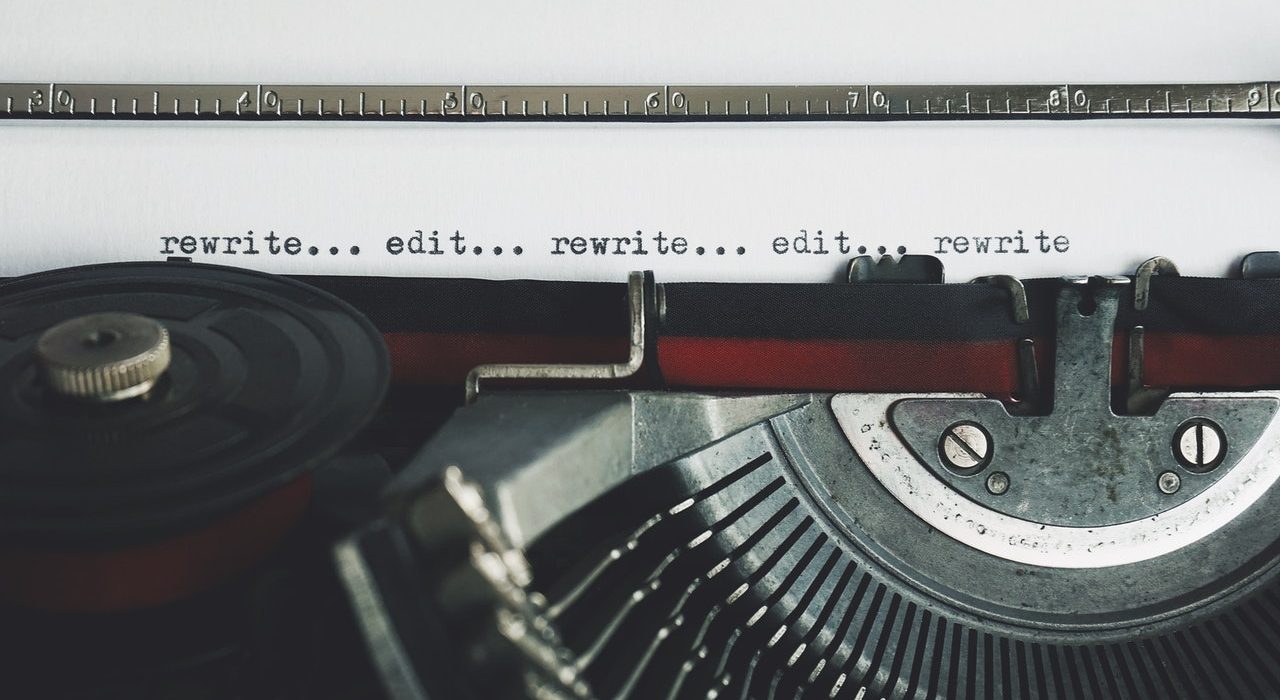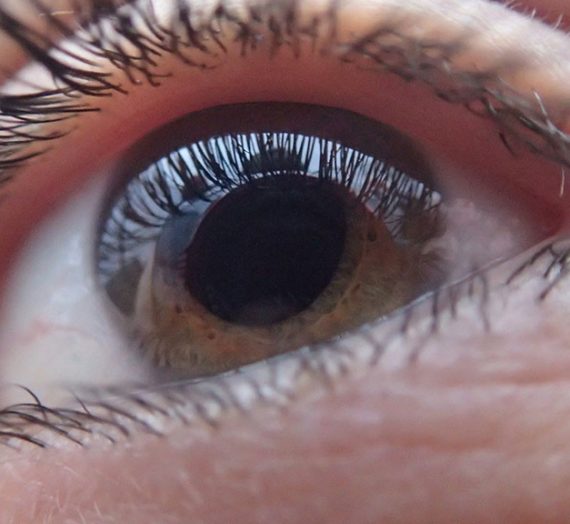Involving peers in the writing and review process will increase the enjoyability and quality of the writing.
Editors of student writing often discover that the student writer does not enjoy the writing or review process. This dislike might originate from a lack of exposure to, and experience in, writing. An editor must assume the role of an instructor to help student writers enjoy the review process and to facilitate the writer’s highest quality writing.
THE RESEARCH
During the 2019–2020 school year, a group of researchers in Turkey performed a study involving elementary school students. Doctors Ömer Faruk Tavşanlı and Ülkü Eda Kara (2021) gauged the writing experience of 60 students before and after teaching them a revision and review process known as Peer and Self-Assessment-Based Editorial Study (PSABES). The process requires students to review and edit their own work as well as the writing of their peers. In addition to assessing the students’ writing, Kara and Tavşanlı (2021) interviewed the students to understand their experiences in writing, receiving feedback from peers, and evaluating peers’ writing. The experiment consisted of a control group, which was taught nothing of peer review or editing, and an experimental group, which was taught to review and peer edit. The emphasis of the education of these students was on grammar and usage rules, and on justifying their implementation of such in the review process.
The researchers found that many students initially described a distaste for writing, but upon being taught PSABES, the students discovered that they had an aptitude for criticizing and editing their peers’ work. The data “revealed a significant difference between the experimental and control groups in terms of success in following the spelling rules and using punctuation marks correctly…in favor of the experimental group” (Kara and Tavşanlı 2021, 274).
The students in this study were excited to improve their work and to review their peers’ work. Comparing their new work with their previous work inspired them to write better. In the words of one of the students’ teachers, “I observed that the students who had a negative attitude toward writing changed their mind and felt more positive” (Tavşanlı and Kara 2021, 276). Findings demonstrate that when participants were taught the rules of writing and justifying their criticisms of their peers’ work, many who previously had no intentions of writing began to show interest in literacy. Those who enjoyed criticism found a new skill and capacity for higher reasoning and substantiating their reviews.
“Some students who were dissatisfied with the writing process became more willing to write because they liked this stage. They liked to criticize. In this stage, I observed that the students who had a negative attitude toward writing changed their mind and felt more Positive.”
Tavşanlı and Kara 2021
THE IMPLICATIONS
While this study was performed on students learning a specific type of peer review process, the findings can be applied more broadly to all editors and writers. The writing process can be improved for writers when they understand the rules of writing. Editors emphasizing grammar and usage rules and justifying edits will improve literacy and writing in every demographic. By clarifying an edit’s purpose, an editor allows the writer to learn how to write better. “The more appropriate feedback given to the student during the writing process, the more successful their writing will be” (Kara and Tavşanlı 2021, 279).
However, the onus of learning and implementing grammar and usage rules should not lie solely on the shoulders of editors. Writers too should learn to perfect their craft. As writers learn to communicate without errors of a grammatical or syntactical nature, editors can focus more intently on substantive edits, and improve the quality of writing everywhere.
To discover more about editing, writing, and their relationship to rules, read the full article:
Tavşanlı, Ömer Faruk, and Ülkü Eda Kara. 2021. “The Effect of a Peer and Self-Assessment-Based Editorial Study on Students’ Ability to Follow Spelling Rules and Use Punctuation Marks Correctly.” Participatory Educational Research (PER) Vol. 8(3), 268–284. https://doi.org/10.17275/per.21.65.8.3.
—Kyme Lambson, Editing Research
FEATURE IMAGE BY SUZY HAZELWOOD
Find more research
Read this article by Myra J. Karegianes, Ernest T. Pascarella, and Susanna W. Pflaum (1980) to learn more about the positive effects of peer editing: “The Effects of Peer Editing on the Writing Proficiency of Low-Achieving Tenth Grade Students.” The Journal of Educational Research 73, no. 4: 203–207.
Read Aaron Tobler’s article from Editing Research to learn more about the type of feedback to give to writers.





Get Another Pair of Eyes—Why Self-Editing Doesn’t Always Work - Editing Research
[…] Take a look at Kyme Lambson’s Editing Research article about the power of peer reviews: “To Peer Review Or Not To Peer Review?” […]